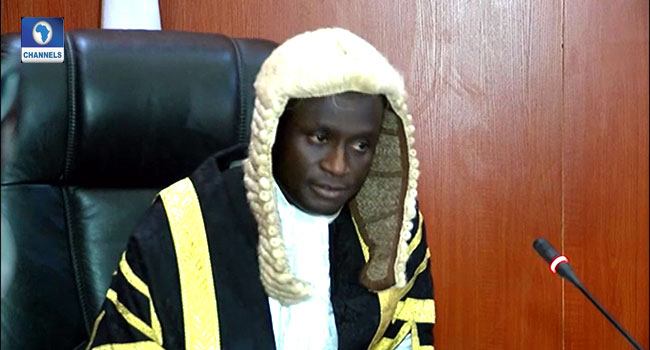
The Federal High Court in Abuja has dismissed a suit by the Attorneys General of the 36 States and the Nigeria Governors’ Forum seeking to restrain the Nigerian Financial Intelligence Unit (NFIU) from implementing its guidelines on local government spending for lack merit.
Justice Inyang Ekwo said after studying the provisions of the NFIU’s guidelines, he was unable to see where the provisions contradict or conflict the provision of Sections 7 (a and b) of the constitution.
The Judge further held that the guidelines did not contradict Section 162(8) of the constitution which prescribed that the amount standing to the credit of the local government council of the state shall be distributed among the local government councils of that state.
READ ALSO: FG Wins Case Against State Governors Over Financial Autonomy
The court also opined that the provisions of the NFIU’s guidelines do not contradict or conflict with the provisions of the 4th Schedule to the 1999 Constitution which prescribes the functions of a local government council.
Earlier the judge had struck out the name of the Incorporated Trustees of the Nigeria Governors’ Forum from the suit for lack of locus standi (legal right) to institute the suit.
The Attorneys General and the Nigeria Governors’ forum had asked the court to determine whether having regard to the combined effect of Sections 7, 162 and the 4th Schedule of the 1999 Constitution which, among others guaranteed the existence and structure of Local Government Councils under Local Government laws of each State, the state governments of the federation are subject to the directives or control of the NFIU or anybody other than the House of Assembly of each state.




